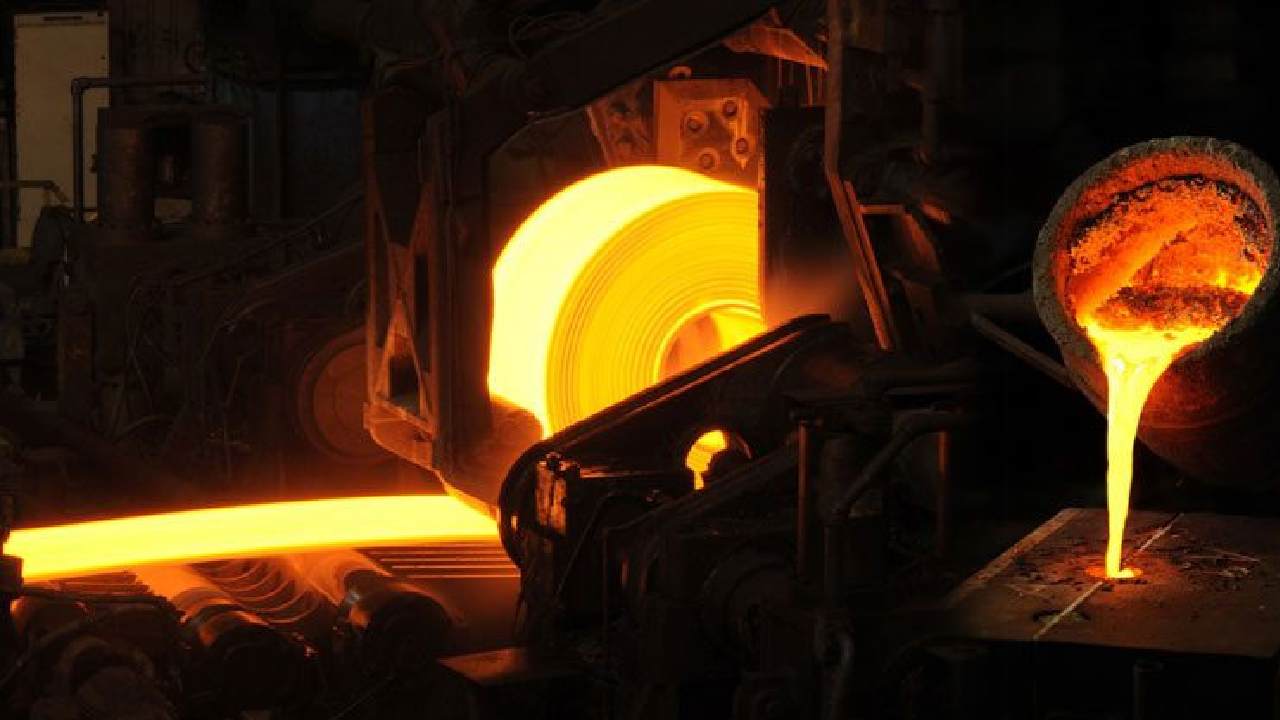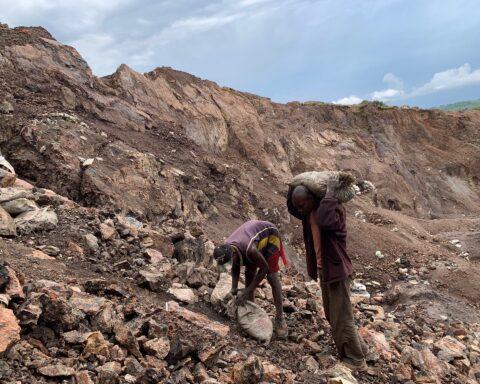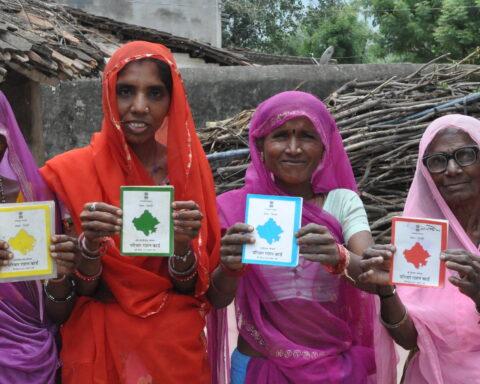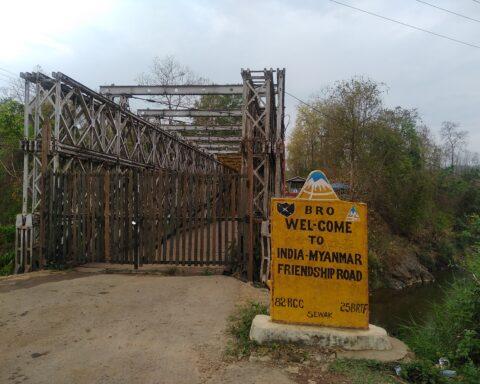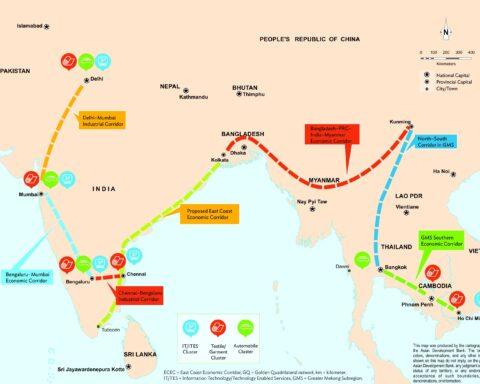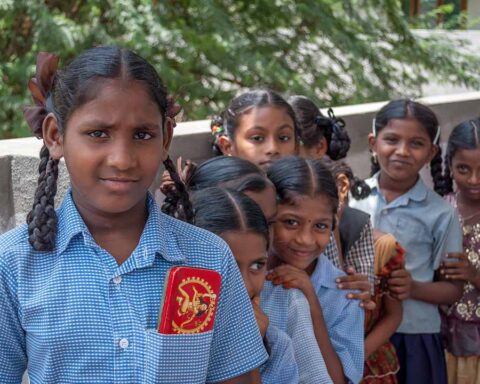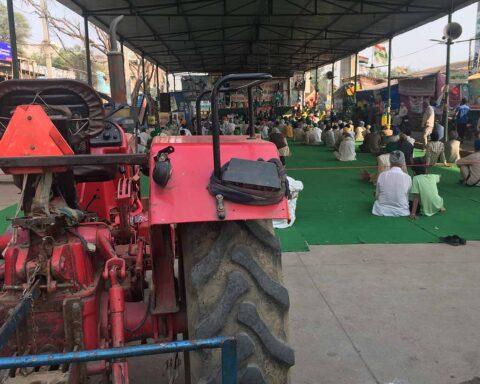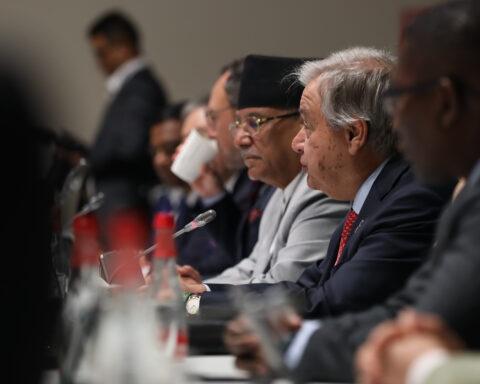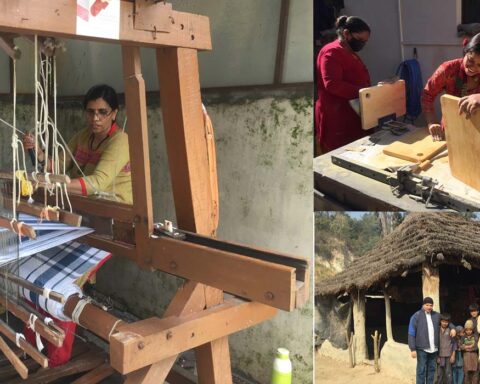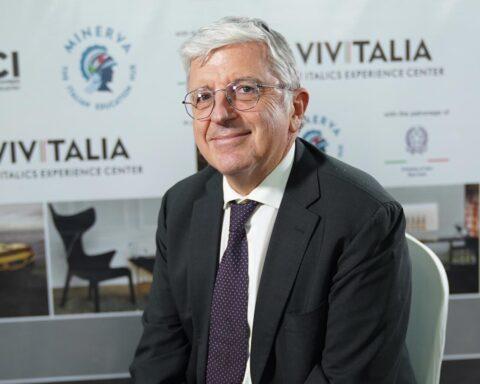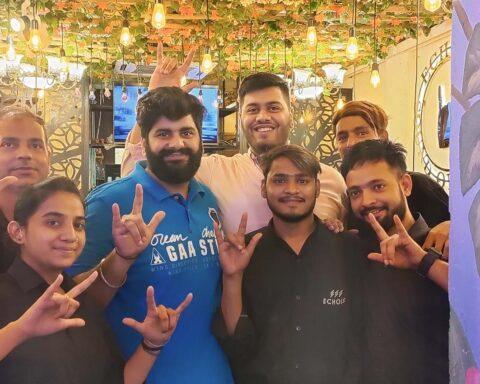The Indian forging sector has expressed concerns to the government over high steel, aluminium, and nickel prices, as the increase in steel prices has damaged the Indian forging industry.
As a result, the forging industry is feeling the heat of increasing production costs, and the post-pandemic recovery may be pushed back, with a revival taking up to at least two years.
According to the Association of Indian Forging Industry (AIFI) increased input costs, particularly steel, aluminum, and nickel prices, combined with a decrease in automotive demand, is expected to reduce capacity utilization in FY23.
The first half of the year was the most difficult for most forging companies, particularly those in the small and medium segment, which are expected to witness a 50% decline in production in FY23.
The last two fiscal years have seen a double-digit fall in India’s overall automotive sales due to the COVID-19 outbreak and various factors, including a shortage of semiconductor chips, rising input costs, rising commodity prices, and rising fuel costs (FY20 and FY21). Thus, the overall auto- components and forging industry have not seen an improvement in their order books.
Yash Jinendra Munot, Vice President, AIFI said, “The industry is still going through challenging circumstances, and the forging sector faces new challenges on a regular basis. The volatility in steel prices has damaged the Indian forging industry. The forging industry’s core requirement is Steel and the present price increase has disrupted the supply chain”.
Furthermore, high raw material prices remain a challenge, and high fuel prices continue to influence customers and buying decisions. The automobile industry accounts for around 70-80% of our industry. Rising input prices and a decrease in vehicle demand could cause capacity utilization at forging plants to decline from 80-85% pre-pandemic levels to approximately 50-55%, he said.
“While steel prices were unavoidable given global trends, a more prudent and balanced approach would have been preferable for the business. With demand not picking up, fuel price increases, and a semiconductor shortage, automobile OEMs have little room to pass on additional price increases, and the forging sector anticipates a difficult year ahead.”
According to available data, although the automobile industry in India has been witnessing a gradual improvement in month-on-month sales for H1 2022 for most segments, but the tractor segment has been affected the most with a minus 5.34 percent growth in the first half of 2022.
The forging sector has been impacted by a sharp drop in tractor sales, which consume more forging components than any other vehicle. Furthermore, steel contributes for 70% of the forging industry’s input expenses. Other metals required by the industry, such as nickel, chromium, molybdenum, and titanium, have also seen volatile prices.
The forging industry feels that there would be a big impact on it because of the Electric Vehicles as well.
The global electric vehicle (EV) market is expanding rapidly. The Indian EV market is also continually growing, with close to 0.32 million vehicles sold in 2021, marking a 168% increase YoY.
The Indian automobile industry is the fifth largest in the world and is anticipated to become the third largest by 2030. The EV push in India will create a slew of new business opportunities. However, the Indian forging industry will face serious challenges in the coming years.
Vikas Bajaj, President, AIFI (Association of Indian Forging Industry) said, “The electric vehicle sector will have a significant impact on the forging industry since the demand for moveable parts used in vehicles will decrease, resulting in considerable unutilized forging capacity. Internal combustion engines in automobiles contain around 2,000 moving parts, whereas electric vehicles have only 20”.
“We anticipate that EVs will shut 60% of the forging and casting industries in the next few years, resulting in employment and unit closures. The major conversion of internal combustion engine (ICE) vehicles to electric vehicles (EVs) in India would necessitate the growth of infrastructure facilities, including charging stations, and vehicles that could provide a higher range with a single charge.”
In India, it will take at least a decade to completely transition to EVs. However, the forging industry will need to look into alternative options such as aluminium forging and expand into non-automotive areas such as infrastructure, defence, healthcare, and railways, where the present government is also substantially investing, he said.
The forging industry in India comprises 85% of the MSME sector. Over three lakh people are employed directly in the industry, with an equal number employed indirectly.
Indian forging industry is the second largest in the world, next only to China. The forging sector has been identified by EEPC as one of the key sectors for export growth. The Indian Forging Industry has always been a growth driver of the Indian manufacturing sector, and it is one of the important industries enabling and sustaining the success of the country’s automotive, power, and general engineering sectors.
The industry has been meeting the requirements of OFMs under the Ministry of Defence, by being a significant contributor to the ‘Make in India’ initiative.

